“Agency” (대행사)
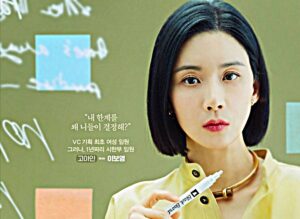
“Agency” tackles the old boys’ club. It also addresses the expectations placed on women at work and at home.
Journalist, Author & Syndicated Columnist

“Agency” tackles the old boys’ club. It also addresses the expectations placed on women at work and at home.
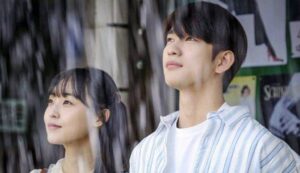
“When My Love Blooms” started off so strong and promising that I had high hopes for this years. You usually can’t go wrong with Yoo Ji-tae and Lee Bo-young in the lead roles. But while the actors did a great job of embodying their complicated roles, I ended up not appreciating either character very much.
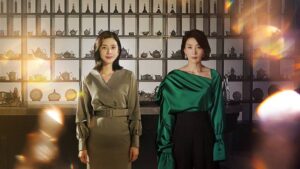
“Mine” is a women-centric K-drama in which the worst actions have been created by men. Their immorality serves as a cause and effect for a chaebol family’s misery.
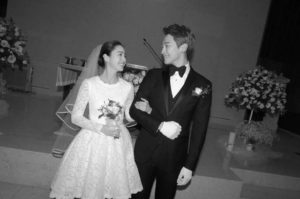
Breaking up is never easy. But for celebrities, they have the additional burden of having their private lives exposed in public. Unlike Song Hye-Kyo and Song Joong-Ki — who in June quietly announced their plans to divorce — Ku Hye-Sun and Ahn Jae-Hyun are having a more contentious dissolution of marriage, thanks to a series of social media posts in which Ku claims she doesn’t want a divorce. Ahn responded by saying that what his wife acknowledged publicly doesn’t align with her actions.
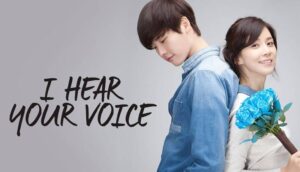
I finished watching “I Hear Your Voice” around the same time that I started “Pretty Noona Who Buys Me Food.” Both deal with older women/younger men plots, where the woman is about eight years older than her partner. The problem I had with “I Hear Your Voice,” though, is that the boy is a high school senior when the relationship begins. And while Soo-Ha certainly is more mature than Hye-Sung in many ways, he is still a teenager.

A common element running throughout the plot is that you are not a “real” child if you don’t share your parents’ DNA. One of the central characters views herself as superior to her adopted sister, because … adoption. The emphasis on a family’s pure bloodline is still in effect today in Korea. And though more adoptive families are telling their children about their adoption stories, many still let their kids assume they are biologically related to their adoptive parents.